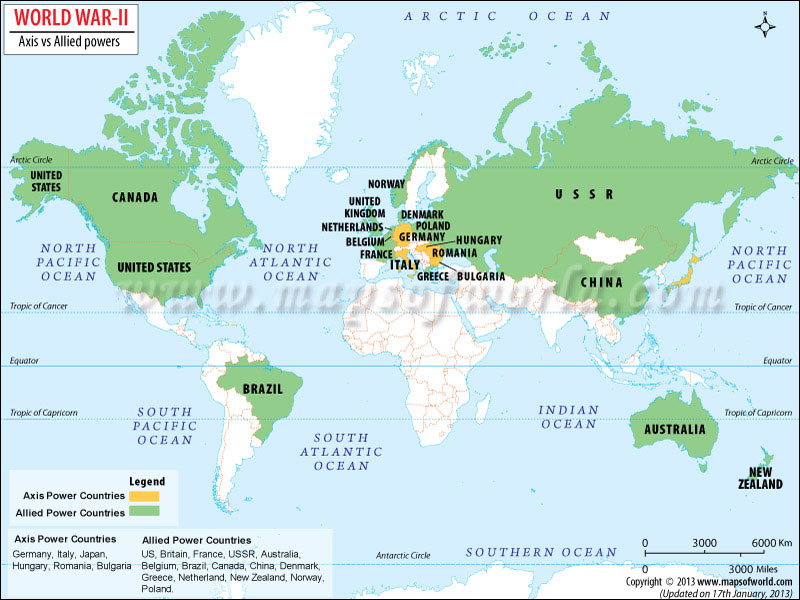This would be a really one sided game. As an American, every textbook that covers that part of our history makes it quite clear that the South was extremely doomed. Lower population, less industry capacity, fewer railroads, no available diplomatic options (ultimately, Europe just did not care enough to upset the balance of power over there by helping either side, especially once the North made liberation of slaves part of the goal), most of the population was either completely unwilling to fight or would have been in favor of supporting the North, political infighting between the states of the CSA. The only "advantage" most American textbooks gave the South was its starting generals being of better quality, and I dispute this fact. Neither side had generals who were ready for the capabilities of their new weaponry, and the war was an extremely bloody affair as a result. The most the South could hope for is temporary independence, most likely with them being reabsorbed sometime later, or they themselves splitting apart.
So ultimately, the appeal here is small, the outcome is clear, and the conflict would only be more interesting as part of a larger strategy game, to me.
Completely agree. The historical importance of the Civil War in American History is that it's when America shifts from a Union to a Nation (look at Lincoln's word choice as the war progresses) and frankly the failure of reconstruction AFTERWARDS because of Southern sabotage is more important to understand the rest of American History and 20th/21st Century politics.
On an international scale the American Civil War is really a preview for industrial war, even WW1 despite being years earlier. It shows that the 100 year peace the Europe experienced after Napoleon was in a way detremental, becauase no trategies existed to be practised (sure there were the Balkan wars but the Germans and French and British weren't even involved) all that anything prior to these wars gave anyone was a small, controlled environment which didn't accurately represent the reality of the upcoming war and the damage that would be done. Thankfully by the end of WW2 the world learned its lesson. And by learned its lesson I mean decided Proxy Wars and killing peoples of non-european descent was much safer.



